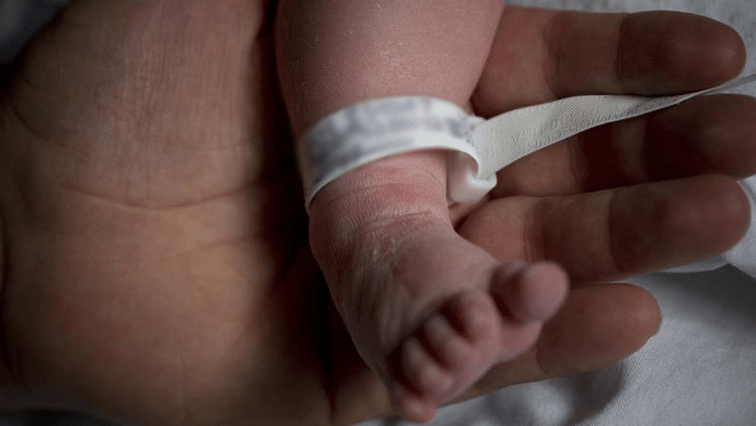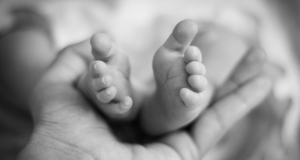Four hundred and eleven babies have been born at state hospitals countrywide in the first 11 hours of 2024.
Health Minister Dr. Joe Phaahla has announced that Gauteng has had the most births at 112, followed by KwaZulu-Natal with 84 and Eastern Cape with 52 babies.
Speaking to the media at Scottburgh’s GJ Crookes Hospital, KwaZulu-Natal Health MEC Nomagugu Simelane says 25-year-old Philisiwe Jili was the first mother to give birth in the province at the stroke of midnight.
She had a 2.9 kg baby boy at the King Dinuzulu Hospital at Pongola, which delivered six babies altogether.
Simelane says these New Year’s babies carry the hopes of everyone in the country.
“Their entry into the world comes amidst many cheers and celebrations as we ushered in the New Year, and so they symbolize hope, new beginnings and the infinite possibilities that life has to offer. They are the embodiment of our dreams of a brighter and healthier future.”
North West
Thirty-three New Year’s babies, 20 boys and 13 girls, have thus far been born in government facilities in the North West.
The first baby, a girl weighing in at 3.6 kg, was born soon after midnight at the Boitekong Community Health Centre near Rustenburg.
North West health spokesperson Tebogo Lekgethwane says the most babies, 11, were born in the Bojanala district followed by the Ngaka Modiri Molema District which had 10 births recorded.
Limpopo
Eight teenagers are among the mothers who have delivered New Year babies in Limpopo.
A total of 41 babies have been born in Limpopo hospitals since midnight.
The youngest mother is a 15-year-old who delivered a baby boy at the Malamulele Hospital.
Gauteng
The Dr. George Mukhari Academic Hospital in Ga-Rankuwa, north of Pretoria has welcomed a total of six newborn babies on New Year’s Day so far.
Gauteng Health MEC, Nomantu Nkomo-Ralehoko, visited the mothers of the three boys and three girls born at the facility in the early hours of this morning.
She also provided them with information on the registration of their babies and clinic services.
Nkomo-Ralehoko also emphasised the need for teenagers to make use of contraceptives and other services provided by government.
“We need to educate our communities about our children, we need to go back to the basics because we can’t have young children that are giving babies. Even here we have a 17-year-old and an 18-year-old, definitely, those people are still young to us as families, so we need that emphasis in our communities.”
Additional reporting by Pimani Baloyi






